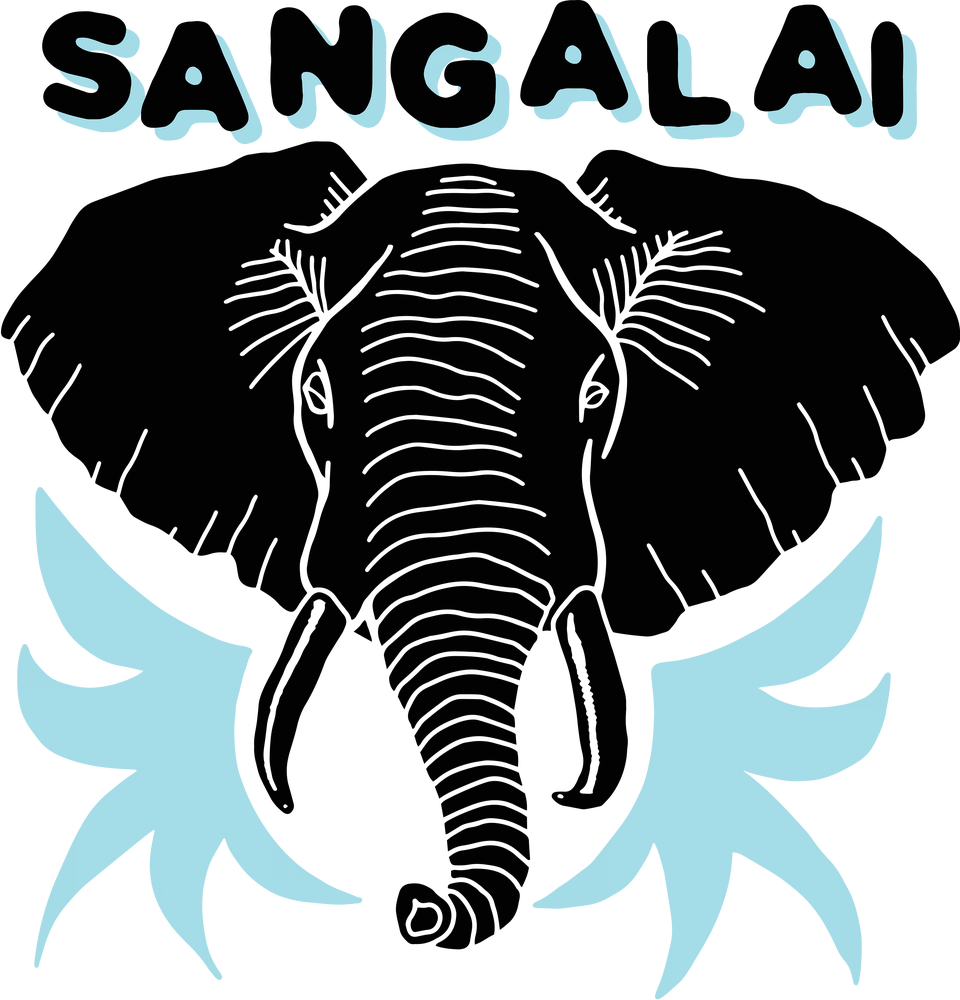About This Coffee
Sangalai is part of our Sucafina Originals range, our line of consistent and affordable blends sourced from our vertically-integrated supply chain.
Sangalai is the word for bull elephant in Samburu, a language indigenous to Northern Kenya. Gentle and intelligent. Forceful and strong. In the savannah, Sangalai reigns. The acme of any Kenyan safari is the chance to see the Sangalai in person.
Our Sangalai is also very wise and strong. Vertical-integration and whole-harvest sourcing enable us to source Sangalai at an accessible price that supports roaster success and producer resilience. Selected by QC teams at our sister company in Kenya, this 85+ blend has a consistently high-quality Kenyan profile of juicy berries, great body and complex acidity that is positively irresistible.
Harvest & Post-Harvest
Farmers selectively handpick ripe cherry and deliver it to washing stations near them. Some producers process cherry on their own farms. Cherry is carefully sorted at intake where under- and over-ripes, along with any foreign matter, are removed.
Once sorted, ripe, red cherry is added straight to the hopper and pulped using either a disk pulper or, if it's on the farmer’s own equipment, a small drum pulper. Coffee is fermented and then washed in clean water to remove any remaining mucilage.
Wet parchment is sorted and any damaged beans that remain are removed. Then, parchment is moved to raised beds to finish drying. Here, it is turned regularly to ensure even drying and covered at the hottest part of the day and overnight to prevent cracking and/or condensation. Workers will also regularly inspect drying parchment and remove any damaged beans. Drying time is usually around two weeks, depending on the weather at the time.
Once dry, parchment is delivered to Kahawa Bora Millers, one of our Sister Companies in Kenya. The mill has the capacity to mill smaller lots separately to help preserve quality and traceability.
Making Sangalai Possible
Our Sucafina branded lots combine excellent quality and accessible prices, all made possible by our sister company, Sucafina Kenya. In addition to our long-term relationships with producers and efficient milling infrastructure, it's really the quality team’s expertise that makes these blends possible. It takes a lot of skill to source and combine the best lots to create blends that offer good value for the quality-oriented roaster.
AA Grade
Kenyan coffees are classified by size. AA beans are the largest size. AA grade coffees are those that are 17/18 screen size, meaning that they are larger than 7.2 millimeters.
Coffee in Kenya
Though coffee growing had a relatively late start in Kenya, the industry has gained and maintained a impressive reputation. Since the start of production, Kenyan coffee has been recognized for its high-quality, meticulous preparation and exquisite flavors. Our in-country sister company, Sucafina Kenya, works with farmers across the country to ensure these exceptional coffees gain the accolades they deserve.
Today, more than 600,000 smallholders farming fewer than 5 acres compose 99% of the coffee farming population of Kenya. Their farms cover more than 75% of total coffee growing land and produce nearly 70% of the country’s coffee. These farmers are organized into hundreds of Farmer Cooperative Societies (FCS), all of which operate at least one factory. The remainder of annual production is grown and processed by small, medium and large land estates. Most of the larger estates have their own washing stations.
Most Kenyan coffees are fully washed and dried on raised beds. The country still upholds its reputation for high quality and attention to detail at its many washing stations. The best factories employ stringent sorting practices at cherry intake, and many of them have had the same management staff in place for years.
